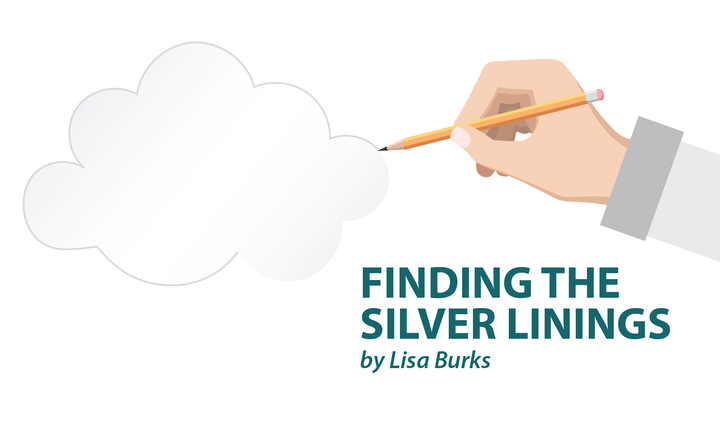Recently I learned of a connection between dental problems and Crohn’s disease. It makes a lot of sense, as I’ve had issues with my teeth for some time now. A few months ago, I bent forward to pick something off the ground and misjudged the spacing between my head and the corner of a table. I ended up knocking out three of my teeth right at the gum line! Thankfully, it wasn’t very noticeable unless I smiled big.
I already feel very self-conscious about my appearance and disabilities, so having a big gap between my teeth was too much for me to ignore or put off. I looked into getting implanted teeth. They’re not dentures and aren’t removable. They are very expensive, even with dental insurance. With the gap so close to my front teeth, I didn’t care much that the procedure was so expensive — I just wanted my problem fixed.
When I met with the oral surgeon, he had concerns. He explained that my health problems and medications work against me for oral surgeries, so I wasn’t a candidate for implanted teeth. That surprised me because my Crohn’s wasn’t horrible at the time and my other health conditions were controlled.
A single phrase from the surgeon made the problem clear: “You’re immunocompromised.” There was too much risk of infection. Additionally, I’m on steroids for treatment of both Crohn’s and asthma, so my bones are weakened and break easily. Therefore, the implant could be a challenge to secure, even with bone grafts. He said it’s just too risky. Hearing that upset me because steroids have already complicated much of my life.
I returned to my regular dentist, who agreed that although an implant would look and feel more natural, it wasn’t an option. I had two choices: a dental bridge or a partial denture.
A bridge would feel a bit more natural and is not removable, but missing three teeth forms a large gap and my dentist wasn’t sure the surrounding teeth or bone were enough for a bridge attachment without risk of it breaking off. As much as I hated the idea of removable teeth, a partial denture was most advisable, so I went with that.
The pros of having a partial are that it’s removable for oral procedures and that it’s easily cleaned. However, as with most things, there is a drawback: If I get an infection in my mouth, the entire partial would need to be replaced! Partials are very absorbent, so an infection would not clean out completely, putting me at risk for continued infections.
Getting the denture took dental work and other preparations. One of the most common side effects of immunosuppressants such as steroids is easy development of a fungal infection called thrush, which I’ve had countless times. My dentist called my immunologist and they decided I would take an oral medication to decrease the likelihood of thrush development. To ensure the denture would be secure, the dentist placed a crown on both sides of my back upper teeth so the partial could attach to stronger teeth. The remainders of my broken teeth were also removed.
I picked up my partial denture a few days ago. It’ll take awhile to get used to wearing, but at least there isn’t a gap in my smile anymore. Still, I’m frustrated and disappointed that my Crohn’s medications prevented me from getting something I wanted so badly. This is yet another way that Crohn’s affects more than my digestive system.
***
Note: IBD News Today is strictly a news and information website about the disease. It does not provide medical advice, diagnosis, or treatment. This content is not intended to be a substitute for professional medical advice, diagnosis, or treatment. Always seek the advice of your physician or other qualified health providers with any questions you may have regarding a medical condition. Never disregard professional medical advice or delay in seeking it because of something you have read on this website. The opinions expressed in this column are not those of IBD News Today, or its parent company, BioNews Services, and are intended to spark discussion about issues pertaining to IBD.

